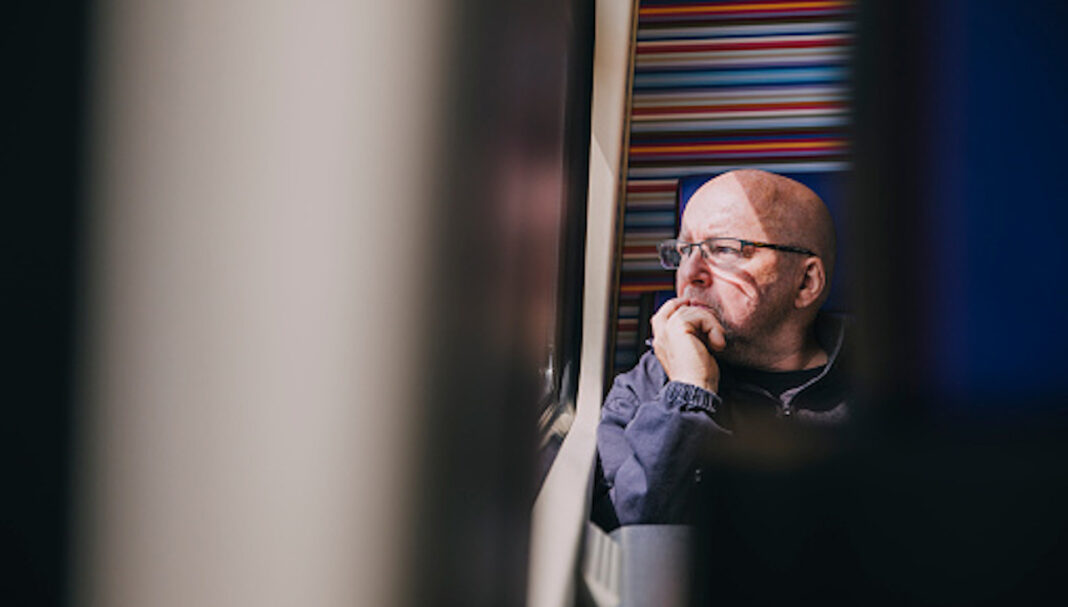Case scenario
Charlie, a 54-year-old regular patient of your pharmacy, comes in with a prescription for varenicline. He discloses that his smoking has increased significantly since his divorce and that it escalated further during the isolation periods of the COVID-19 pandemic. His other medicines include amlodipine, atorvastatin and fluoxetine. You dispense the varenicline and ask that he join you in the private consulting room to have a chat about his new medicine.
Introduction
Despite being the most technologically connected society in history, we appear to be the loneliest. Robust scientific evidence has declared loneliness a significant danger to the health of the individual and the public health system.1
Internationally, countries are recognising its significance. In 2018, London appointed a minister of loneliness and adopted a national loneliness strategy,2 and in 2021 Japan also appointed a minister of loneliness.1 The World Health Organization (WHO) has shared plans for the establishment of a global commission to address loneliness, including the development of a global index on social connection to help measure social connection around the world and allow progress of interventions to be tracked.3 Most recently (May 2023) the US Surgeon General, Dr Vivek Murthy, released an Advisory addressing loneliness and isolation, and laid out a framework for a National Strategy to Advance Social Connection.41 However, loneliness
THIS IS A CPD ARTICLE. YOU NEED TO BE A PSA MEMBER AND LOGGED IN TO READ MORE.



 John Jones MPS, pharmacist immuniser and owner of My Community Pharmacy Shortland in Newcastle, NSW[/caption]
John Jones MPS, pharmacist immuniser and owner of My Community Pharmacy Shortland in Newcastle, NSW[/caption]


 Debbie Rigby FPS explaining how to correctly use different inhaler devices[/caption]
Debbie Rigby FPS explaining how to correctly use different inhaler devices[/caption]




 Professor Sepehr Shakib[/caption]
Professor Sepehr Shakib[/caption]

 Lee McLennan MPS[/caption]
Lee McLennan MPS[/caption]
 Dr Natalie Soulsby FPS, Adv Prac Pharm[/caption]
Dr Natalie Soulsby FPS, Adv Prac Pharm[/caption]
 Joanne Gross MPS[/caption]
Joanne Gross MPS[/caption]








